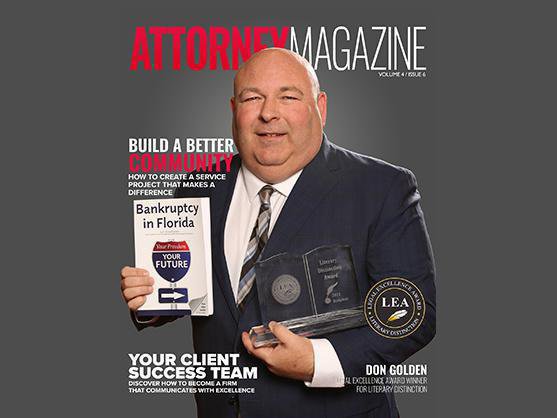What Is Debt Discharge?
Most people seeking relief from debt have a simple question: What is debt discharge and can I eliminate my debts by filing bankruptcy? Like so many other areas of the law, the answer depends upon a variety of factors, specific to each set of circumstances. Debt discharge is exactly as it sounds. Upon a court order, your debts approved for discharge will be eliminated and your creditors will have no further claim to settlement or repayment. The court has the right to rule on the amount of the individual debts to be discharged, all or in part.
Under the rules of Chapter 7, an individual or family may petition the courts to discharge all unsecured debt. Unsecured debt is any kind of debt that does not require a purchased item, like a car or boat, to be held as collateral by the lender. Credit card debt is the most common type of unsecured debt.
In most cases, unsecured consumer debt can be included in a petition for Chapter 7 debt discharge, as long as it has not been recently added to the accumulated debt, in anticipation of filing for bankruptcy. After seeing the petition for bankruptcy, credit card companies and other creditors will have their day in court to challenge any debt discharge listed on the petition. In most Chapter 7 cases, unsecured debt is discharged, while secured debt may require the repossession of the collateral item.
Exemptions
Not all debt needs to be included in the bankruptcy. Depending upon the amount of equity built up in the house or car, a petitioner may file exemptions on some property and continue to pay on the debt without foreclosure or repossession. In addition, some types of debt may not be included for discharge in a Chapter 7 bankruptcy. Loans backed by the government, including student loans and business loans from the Small Business Administration (SBA) are not eligible for discharge. Under certain conditions, tax workouts with the IRS may be discharged.
Eligibility
Not all individuals qualify to have their debts discharged under the eligibility requirements for Chapter 7 bankruptcy. Depending upon the results of the means test, some petitioners may be required to file a personal debt restructure plan under Chapter 13. A restructure plan can include all personal debt, including student loans. Under the plan, some debt may be discharged, including stripping a second or third mortgage added to the original home mortgage, if the property value has diminished below the original loan value. After certain conditions have been met for repayment, the government may also discharge tax debt included in a Chapter 13 petition.
Find Financial Relief with Our Help
Many people consider Chapter 13 bankruptcy to be a second choice. In truth, Chapter 13 offers many advantages over Chapter 7. After all, discharging all of your debt is bound to have a more severe consequence on your credit report than paying something back under a court-supervised restructuring plan will.
The Golden Law Group is ready to answer all of your questions about bankruptcy and meeting your debt relief needs. Contact our attorneys at our offices in Brandon or Tampa clients in communities throughout the Florida Central Gulf Coast region, including Sarasota.


